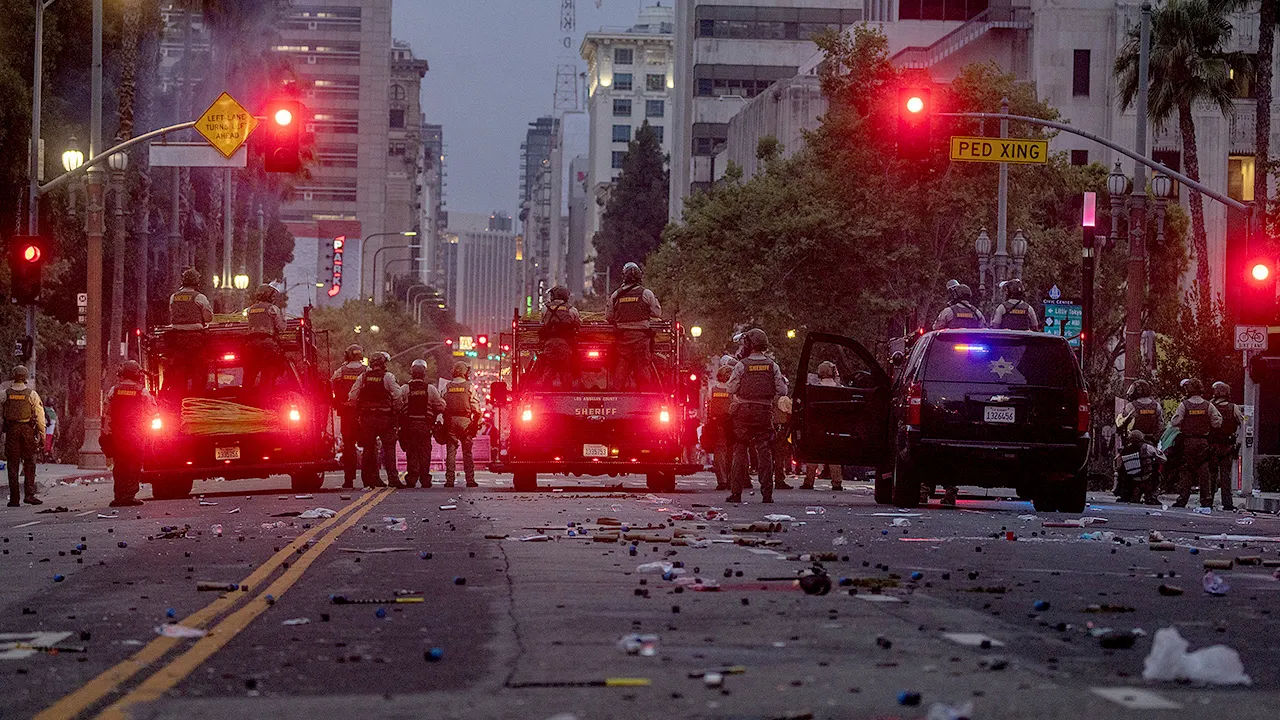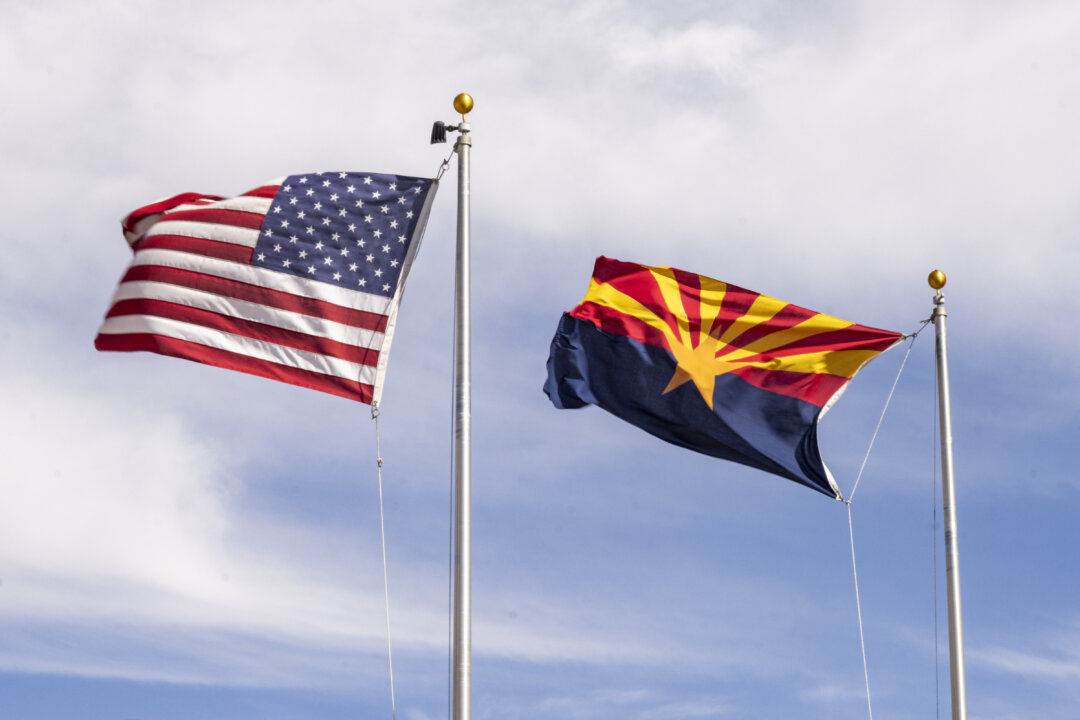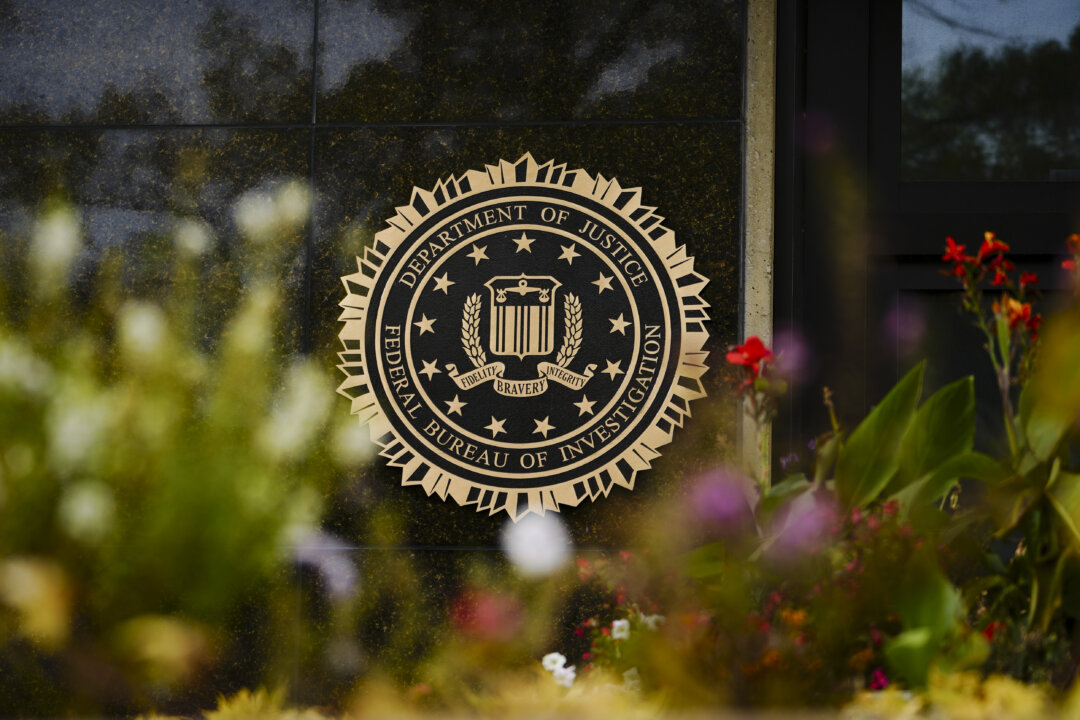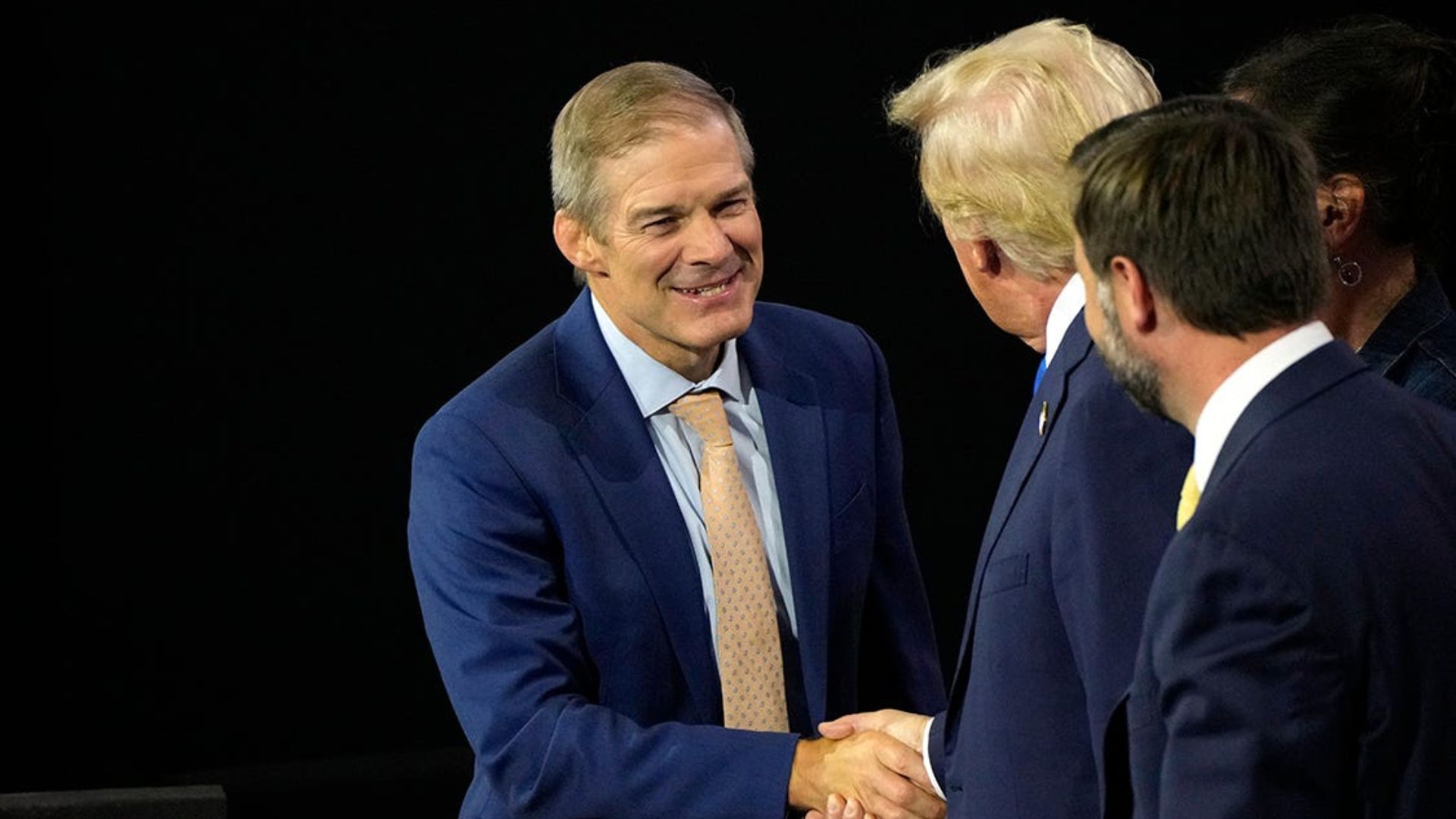A former Los Angeles Police Department detective reflected on recent unrest in the city, criticizing Democrat Mayor Karen Bass for her delayed response to restore order. President Donald Trump took decisive action by deploying the National Guard to counter escalating anti-ICE violence, despite resistance from California Governor Gavin Newsom. The U.S. Northern Command announced the deployment of 700 Marines to safeguard federal property in Los Angeles.
LAPD Chief Jim McDonnell reported 197 arrests, with significant activity near Commercial and Alameda. The police also arrested individuals on the 101 freeway after protesters occupied the area. Charges ranged from assault with a deadly weapon on a police officer to looting and arson, with one arrest for attempted murder using a Molotov cocktail.
Police used tear gas to disperse the crowds, as businesses throughout Los Angeles suffered from looting. Moses Castillo, the former LAPD detective, expressed that Mayor Bass’s actions were too little, too late. “She’s now trying to play catch up,” Castillo remarked, emphasizing the need for early and forceful intervention.
Fox News Digital reached out to Mayor Bass’s office for comment, highlighting the ongoing tensions. Castillo believes both political sides are exploiting the violence to harm each other. He called for a more constructive dialogue, suggesting face-to-face meetings to resolve issues.
The protests also highlighted the deep divide between federal and local authorities. Castillo likened the political squabbles to high school antics, urging leaders to unite for solutions. The protests in Los Angeles were marked by confrontations between demonstrators and law enforcement, reminiscent of past conflicts.
Castillo recalled the lessons from the 1992 Rodney King riots, observing that history seems to be repeating itself. The former detective noted that social media rapidly spreads information, contributing to the chaos. Protesters expressed anger over the current administration’s immigration policies, with violence often directed at police officers.
Images of officers surrounded by tear gas and smoke during the protests highlighted the tense atmosphere. Demonstrators waved American and Mexican flags, symbolizing the complex emotions driving the protests. The Los Angeles County Sheriff’s deputies monitored the situation, ensuring the safety of the public and maintaining order.
The protests drew attention to the broader issues facing Los Angeles and the nation. Castillo emphasized the importance of addressing these challenges through dialogue and cooperation. The events underscored the ongoing struggle to balance law enforcement with community concerns.
The presence of the National Guard and Marines aimed to stabilize the situation in Los Angeles. However, the underlying tensions remain unresolved, requiring thoughtful and unified leadership. As the city grapples with these issues, the call for meaningful solutions grows louder.
The deployment of military forces in Los Angeles has sparked debate over the appropriate response to civil unrest. Some view it as a necessary measure to protect public safety, while others see it as an escalation. The city’s leaders face the challenge of navigating these complex dynamics to restore peace.
The involvement of federal forces highlights the gravity of the situation in Los Angeles. Residents and business owners are left to deal with the aftermath of the protests. The need for effective governance and community engagement is more urgent than ever.
As Los Angeles moves forward, the lessons from these events must guide future actions. Ensuring the safety and well-being of all residents requires collaboration and understanding. The path to resolution lies in bridging the divides that fuel unrest.
The role of social media in spreading protest-related content has added a new dimension to the events. The rapid dissemination of images and information influences public perception and response. Managing this flow of information is crucial in shaping the narrative and fostering dialogue.
The city of Los Angeles remains at a crossroads, facing challenges that demand thoughtful leadership. Addressing the root causes of unrest requires a commitment to justice and equality. By working together, leaders and communities can pave the way for a brighter future.



